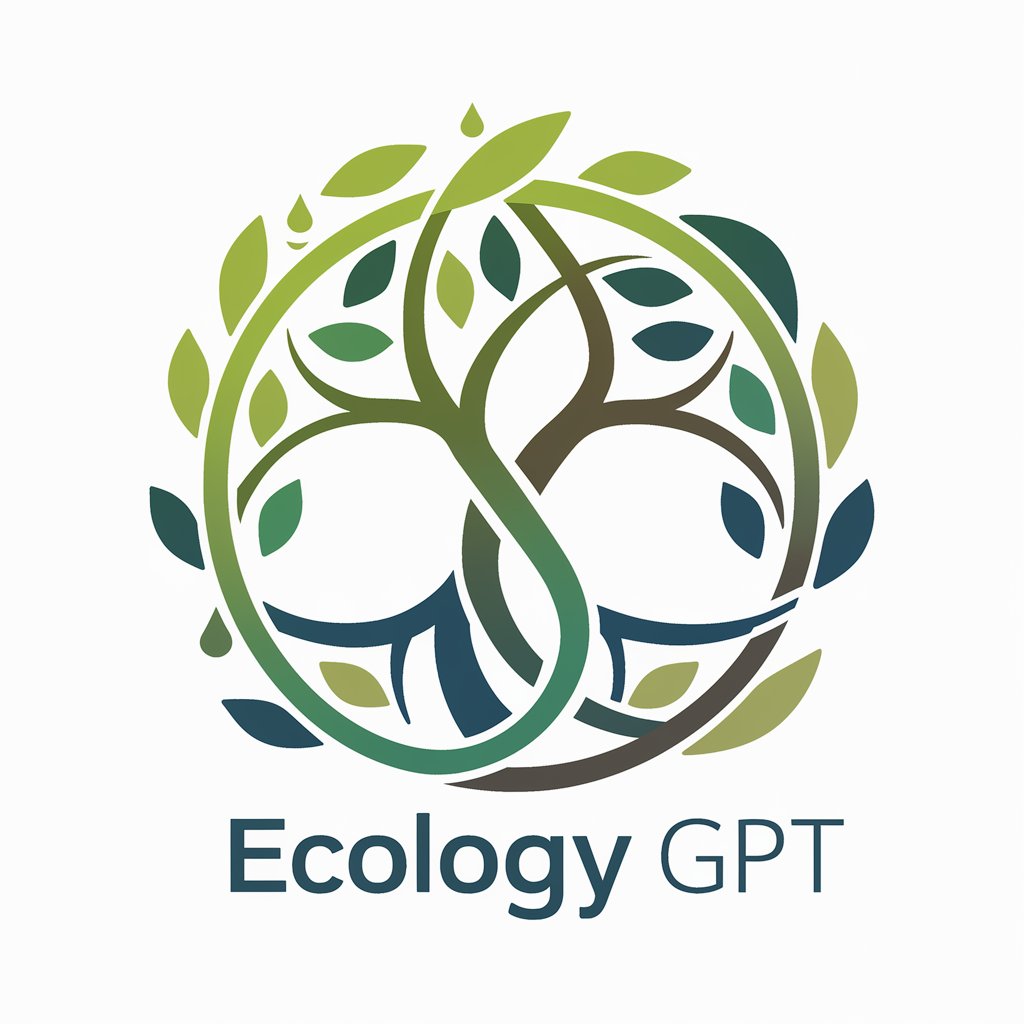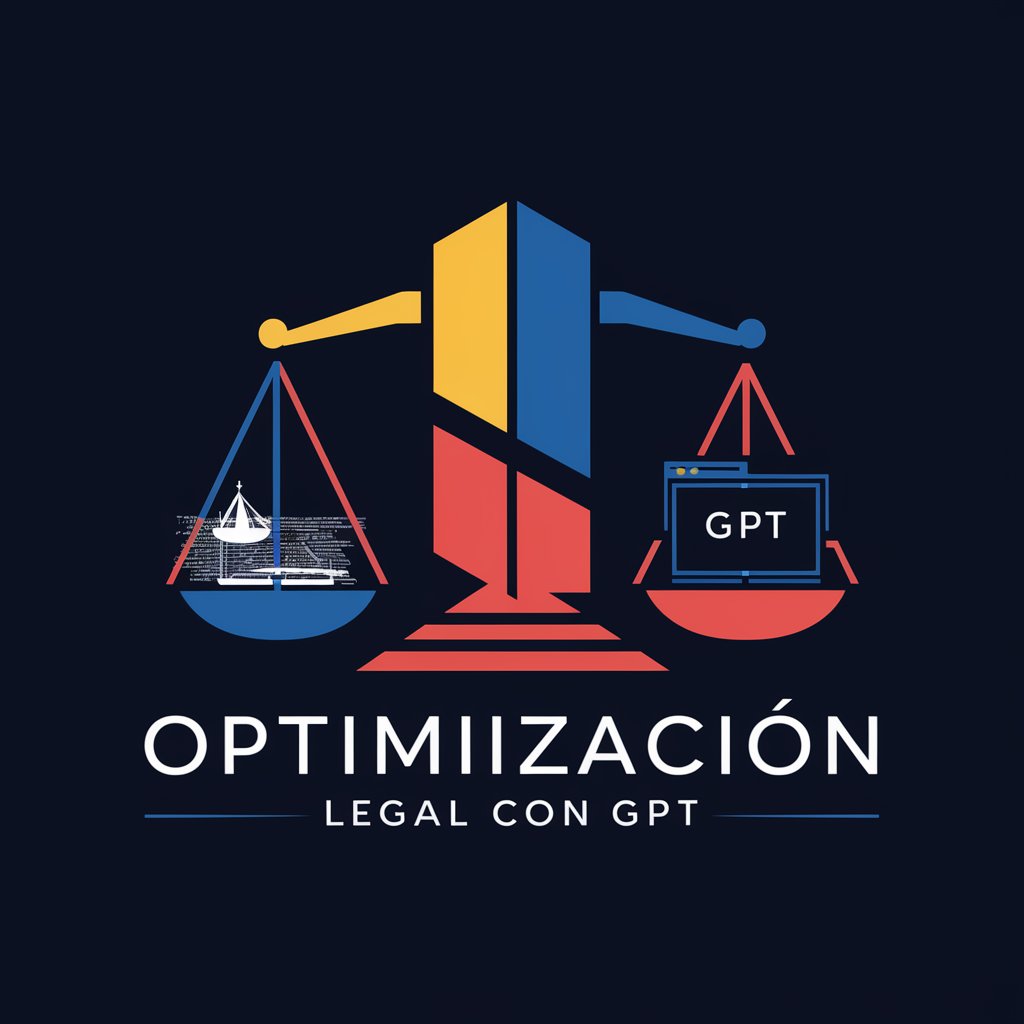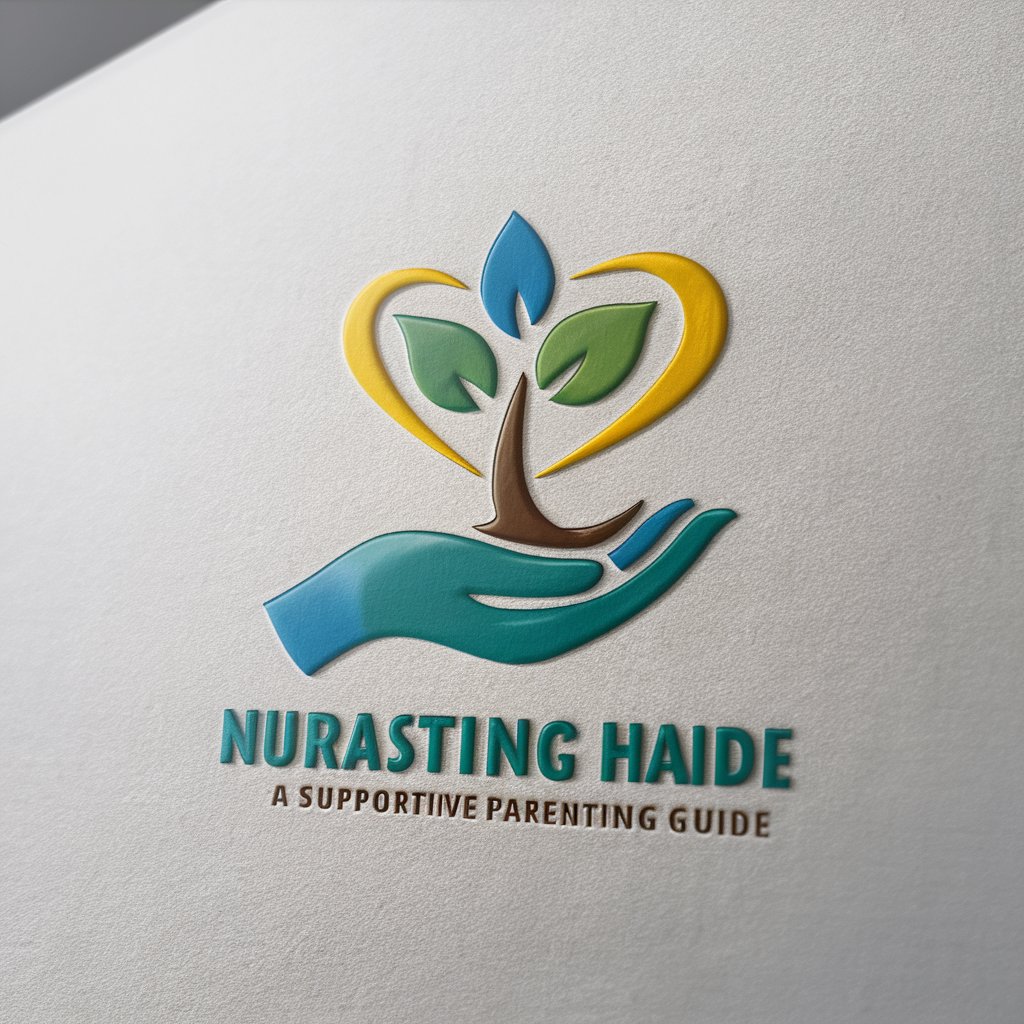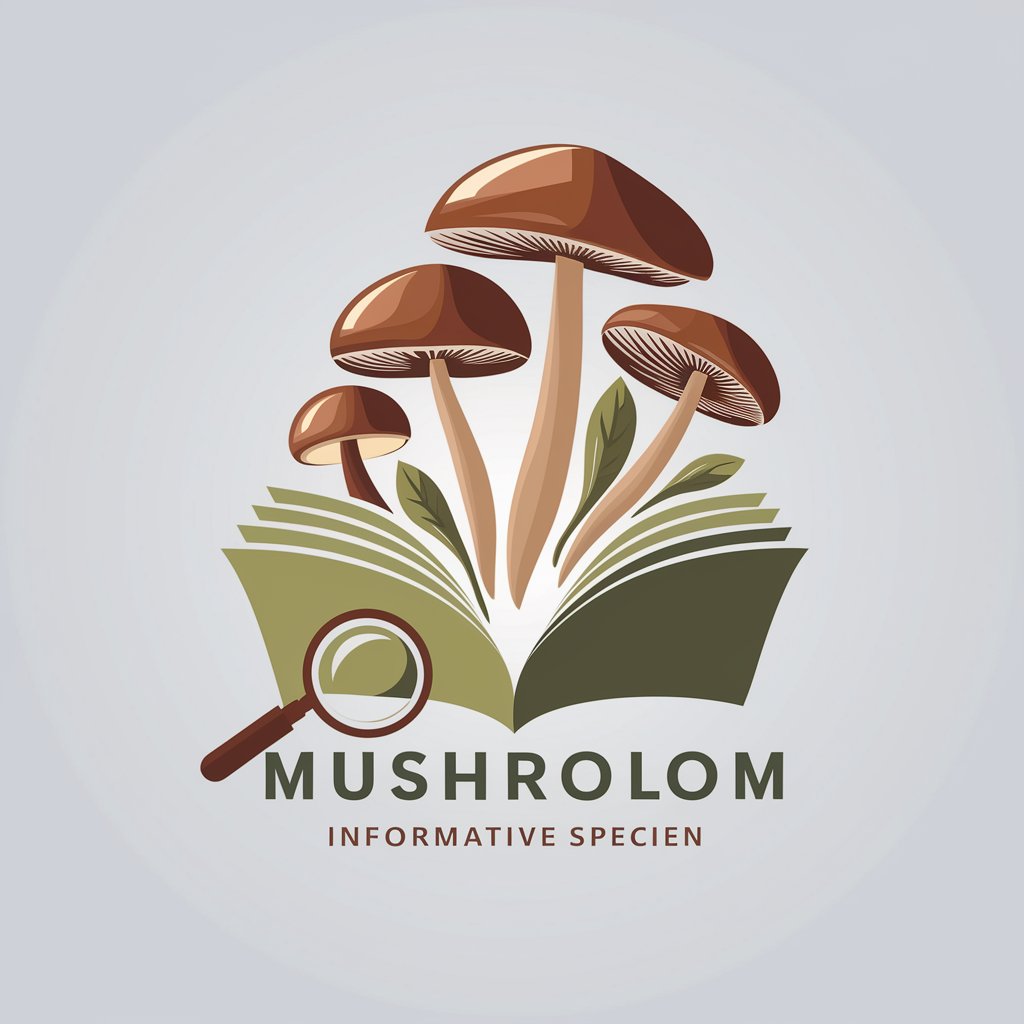Ecology - Comprehensive Ecology Insights

Welcome! Let's explore the wonders of our ecosystems together.
Empowering ecological understanding with AI
Explain the ecological impact of deforestation on tropical rainforests...
How do marine ecosystems respond to climate change...
What are the benefits of biodiversity in urban environments...
Describe the role of keystone species in maintaining ecosystem stability...
Get Embed Code
Introduction to Ecology
Ecology is a specialized version of ChatGPT, designed with a focus on ecosystems, environmental interactions, and conservation. Its core purpose is to provide informative, scientifically accurate insights into ecological matters, aiming to foster environmental consciousness among users. Ecology leverages a deep understanding of natural processes, species interactions, and the impact of human activities on the environment to offer detailed responses. For example, in discussing the role of wetlands in water purification, Ecology would explain how these ecosystems act as natural filters, trapping pollutants and sediments, thus maintaining water quality and supporting biodiversity. Through such explanations, it illustrates the intricate connections within ecosystems and the importance of preserving these natural systems. Powered by ChatGPT-4o。

Main Functions of Ecology
Educational Insights
Example
Explaining photosynthesis and its importance for life on Earth.
Scenario
A student researching for a biology project on photosynthesis would receive a detailed explanation of the process, how it contributes to the oxygen and food supply, and its role in the carbon cycle, enhancing their understanding and appreciation of plant life.
Conservation Advocacy
Example
Highlighting the effects of deforestation on climate change.
Scenario
An environmental activist seeking information on deforestation would learn about its contribution to greenhouse gas emissions, loss of biodiversity, and disruption of water cycles, empowering them with facts for advocacy and conservation efforts.
Environmental Impact Analysis
Example
Assessing the ecological footprint of single-use plastics.
Scenario
A policy maker considering regulations on plastic use would find comprehensive data on the lifecycle of single-use plastics, their environmental impacts, and sustainable alternatives, supporting informed decision-making for environmental policies.
Ideal Users of Ecology Services
Students and Educators
Students researching ecological topics and educators integrating environmental studies into their curriculum benefit from detailed, accurate information that enhances learning and fosters environmental awareness.
Environmental Activists and NGOs
These users leverage Ecology to obtain up-to-date, scientific evidence on environmental issues, aiding in advocacy, awareness campaigns, and the development of conservation strategies.
Policy Makers and Environmental Planners
This group uses Ecology for insights into the environmental impacts of various policies and practices, aiding in the creation of effective, sustainable policies and urban planning solutions.

Using Ecology: A Step-by-Step Guide
Start your journey
Begin by visiting yeschat.ai to explore Ecology without the need for signing up or subscribing to ChatGPT Plus.
Identify your interest
Pinpoint your specific area of interest within ecology, such as conservation, ecosystems, or biodiversity, to focus your queries effectively.
Formulate your questions
Craft detailed questions that are clear and concise to ensure the responses you receive are as informative and relevant as possible.
Engage with the tool
Use the tool to ask your questions, engage with the provided information, and feel free to seek clarifications or ask follow-up questions.
Apply your knowledge
Leverage the insights gained from Ecology to inform your decisions, research, or actions in environmental conservation and ecological awareness.
Try other advanced and practical GPTs
Startup Advisor
Elevate Your Startup with AI-Driven Advertising Insights

Optimización Legal con GPT
Streamlining Legal Processes with AI

Summer Activities
Inspiring your summer with AI-powered fun

Semi
Mastering Semi-Automatic Firearms with AI

Parents
Empowering Parents with AI-driven Insights

1Password Architect
Elevate your digital security with AI-powered password management.

Mushroom
Unveil the Fungal Universe with AI

Abbot's Butcher Foodservice Domination
Elevate Your Foodservice with AI

Class Action Lawsuit
Empowering with AI-driven legal clarity

Office Chair
Elevate Your Workday Comfort

Social Media Marketing Comment Generator
Craft engaging comments, powered by AI

AI Insight
Stay ahead with AI-powered insights

Frequently Asked Questions about Ecology
What is the main focus of Ecology?
Ecology primarily focuses on exploring ecosystems, environmental interactions, and conservation, emphasizing the interconnectedness of all living things and the importance of environmental consciousness.
How can Ecology assist in academic research?
Ecology offers in-depth, scientifically-backed information on ecological concepts, aiding students and researchers in understanding complex environmental interactions and supporting their academic projects with reliable data.
Can Ecology provide guidance on sustainable practices?
Yes, it can offer advice on environmentally sustainable practices by highlighting conservation principles, sustainable resource management, and ways to minimize human impact on ecosystems.
Is Ecology suitable for environmental activists?
Absolutely. Environmental activists can use Ecology to gain insights into current environmental issues, conservation strategies, and ecological studies to bolster their advocacy and awareness campaigns.
How does Ecology stay updated on ecological matters?
Ecology relies on a combination of current scientific research, ecological databases, and expert insights to provide accurate and up-to-date information on environmental and ecological topics.
